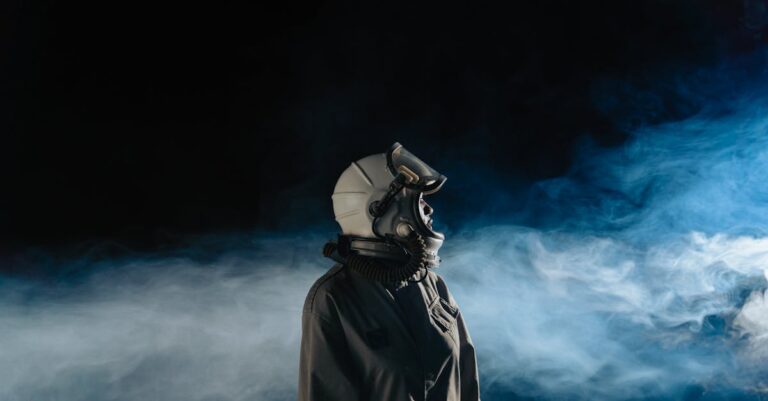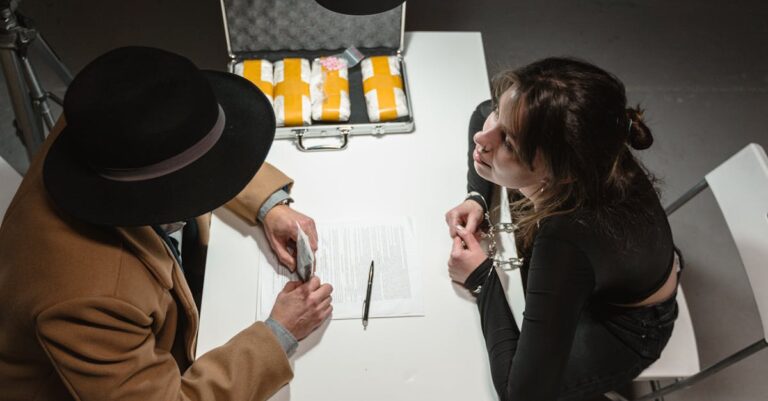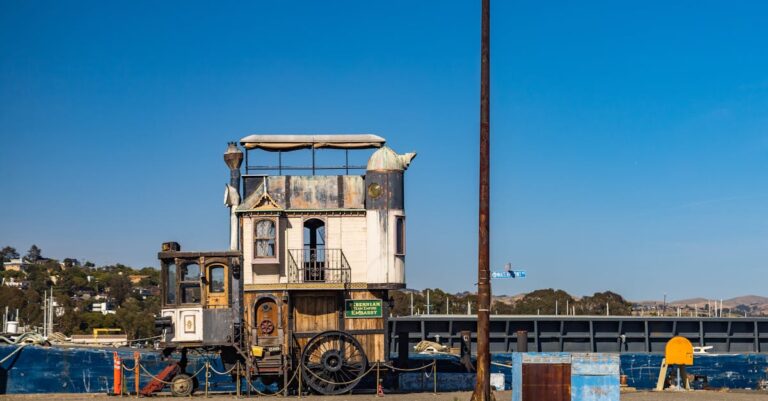
The air hung thick with the scent of turned earth and burned wood as Elara knelt in the garden, her fingers digging into the soil. The sun had not yet risen, but the sky was a bruised purple, streaked with the faintest gold. She worked in silence, her boots caked with mud, the weight of the day pressing against her ribs like a stone. Somewhere beyond the orchard, a crow cawed, and she froze, heart hammering. The sound was too sharp, too sudden, as if the world itself had drawn a breath and forgotten to exhale.
The letter had arrived two days prior, sealed with black wax and bearing the jagged scrawl of her husband’s hand. *I am well*, it read, though the ink smudged at the edges, as though he had scribbled it in a hurry. She had not believed it then, and she did not now. The war had taken too much already—her father’s farm, her brother’s left arm, the quiet certainty of a life unbroken. Now, the town whispered of Union soldiers marching south, their uniforms frayed, their faces hollow with hunger and loss. Elara had seen the look in their eyes before. It was the same one that haunted her dreams, a shadow she could not name.
She straightened, wiping her hands on her apron, and turned toward the house. The door creaked as she pushed it open, releasing the scent of stale bread and smoke from the hearth. Her daughter, Mira, sat by the window, her small hands curled around a tin cup. The child’s gaze was fixed on the road beyond the fence, her brow furrowed in a way that made Elara’s chest tighten. “They’re coming,” Mira said without looking up. Her voice was flat, devoid of fear, as if she had already accepted the truth.
Elara stepped closer, crouching beside her. “Who’s coming?” she asked, though she already knew. The answer hung in the air, heavy and unspoken, like the scent of rain before a storm.
Mira tilted her head, her dark eyes reflecting the dim light. “The ones who take what they want,” she whispered. “Like they did with Papa’s farm.”
The words struck Elara like a blow. She had not spoken of that day in months, not since the soldiers had arrived with their orders and their empty promises. The memory was a blade buried deep, and she had long since stopped trying to pull it free. “We’ll be fine,” she said, though the lie felt brittle in her mouth. “We always are.”
Mira did not respond, but Elara saw the way her fingers tightened around the cup, the way her shoulders hunched as if bracing for a blow. She wanted to reach out, to wrap her arms around the child and promise her safety, but the words caught in her throat. Instead, she rose and stepped into the yard, where the wind had shifted, carrying with it the distant clang of a hammer against metal. It was a sound she had not heard in years, and yet it felt familiar, like a song half-remembered.
The soldier found her at dusk, standing at the edge of the field where the corn stood tall and golden. He was younger than she expected, his face thin and pale, his uniform too large, as if it had once belonged to someone else. He held a rifle in one hand, but it hung loose, unthreatening, as if he had forgotten it was there. “You’re Elara Voss,” he said, his voice rough with disuse.
She did not answer. Instead, she stepped forward, her boots crunching against the dry grass. The air was cooler now, carrying the scent of damp earth and distant rain. “What do you want?” she asked, her tone even, though her pulse thrummed in her ears.
The soldier hesitated, his gaze flickering to the house behind her. “I need shelter,” he said. “And food.”
Elara studied him, noting the way his eyes darted to the trees, the way his hand hovered near the rifle as if unsure whether to grip it or let it fall. He was not a killer, she realized. Not yet. But then, neither had her husband been, and look where that had led. “You’re a deserter,” she said, more statement than question.
He winced, as if the word itself were a blow. “I didn’t have a choice,” he muttered. “They told us we’d be back by spring. But it’s not spring anymore.”
The words hung between them, heavy and unspoken. Elara felt the weight of them, the truth buried beneath the soldier’s plea. She thought of her husband’s letter, the way the ink had smudged, the way it had seemed to blur at the edges, as if he had written it in a hurry. Had he been a deserter too? Or had he simply been lost, like this boy, like so many others?
She turned away, her gaze fixed on the horizon where the sky bled into darkness. “You should go,” she said, though the words felt wrong, as if they did not belong to her.
The soldier stepped forward, his boots crunching against the earth. “I won’t hurt you,” he said. “I just… I need a place to sleep.”
Elara exhaled, the sound barely audible. She thought of Mira, of the way the child had watched the road, her eyes filled with a quiet fear she could not name. She thought of the war, of the men who had come before this boy, and the lives they had left in pieces. And she thought of her husband, of the letter that had arrived with no return address, no explanation.
“Come inside,” she said at last, her voice barely more than a whisper.
The soldier hesitated, his eyes searching hers as if expecting a trick. Then, slowly, he nodded, stepping past her into the yard. The wind shifted again, carrying with it the scent of rain and the distant sound of thunder. Elara did not look back as she turned toward the house, her heart a steady drumbeat in her chest. Something had changed, she knew. Something irreversible. But for now, she would not think of it. For now, she would let the boy stay, and hope that when morning came, the world had not shifted beneath their feet.
The fire crackled in the hearth as Elara poured water into a pot, the sound of it bubbling low and steady. Mira sat at the table, her fingers tracing patterns in the dust, her eyes fixed on the door. The soldier—his name was Jarek, she had learned—leaned against the wall near the window, his rifle propped against the frame, though he did not seem to be watching them. His gaze was distant, as if he were somewhere else, somewhere beyond the walls of the house.
“You’re not from around here,” Elara said, breaking the silence. She did not look at him, instead focusing on the pot as she stirred the water with a wooden spoon.
Jarek gave a short laugh, though there was no humor in it. “No,” he said. “I’m from somewhere else. Somewhere that doesn’t exist anymore.”
Elara frowned, setting the spoon down. “What does that mean?”
He looked at her then, his eyes dark and tired. “It means I don’t know where I’m going. Or why I’m here.”
The words hung between them, heavy and unspoken. Elara thought of her husband, of the way he had left without a word, of the letter that had arrived too late, too empty. She thought of the war, of the men who had come through the town before this boy, and the lives they had taken. And she thought of Mira, of the way the child had watched the road, her eyes filled with a quiet fear she could not name.
“You should eat,” Elara said, her voice steady despite the storm brewing in her chest. “We have bread and soup.”
Jarek nodded, though his gaze did not leave her. “Thank you,” he said, his voice low.
Elara turned away, her hands shaking as she lifted the pot from the fire. The soup was thin, but it would do. She poured it into a bowl, then another, placing them on the table. Mira did not move, her eyes still fixed on the door.
“What’s your name?” Jarek asked, his voice quiet, almost hesitant.
“Elara,” she said, though the word felt foreign on her tongue.
“I’m Jarek,” he replied. “Just Jarek.”
She nodded, then turned back to the hearth, her fingers brushing against the cold metal of the pot. The fire crackled, sending sparks into the air, and for a moment, it felt like something had shifted, like the world had tilted on its axis and she was standing on the edge of it.
Mira finally moved, her small hands grasping the bowl as she sat down. She did not speak, but Elara saw the way her fingers curled around the edges, as if holding on to something fragile. Jarek sat across from her, his gaze flickering between the child and the door, as if waiting for something to happen.
The silence stretched between them, thick and unspoken, until the sound of a distant horn pierced the air. It was sharp and metallic, cutting through the quiet like a knife. Elara froze, her breath catching in her throat.
Mira’s head snapped up, her eyes wide with something that looked like fear. Jarek stood abruptly, his hand hovering near his rifle. “What was that?” he asked, his voice low and tense.
Elara did not answer. She could not. The sound had been too close, too familiar, and she knew what it meant. The soldiers were coming.
The wind shifted again, carrying with it the scent of rain and the distant sound of thunder. Elara turned to Mira, her voice steady despite the storm raging inside her. “Get ready,” she said. “We have to go.”
Mira looked up at her, her small face pale, but she nodded. Jarek was already moving, his steps quick and purposeful as he grabbed his rifle and headed for the door.
Elara followed, her heart pounding in her chest. The world outside was still, as if holding its breath, but she could feel it—the weight of the moment, the way the air had changed. She did not know what awaited them beyond the house, but she knew one thing: they could not stay.
The road ahead was uncertain, but for now, they would take it together.


